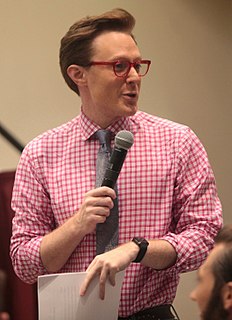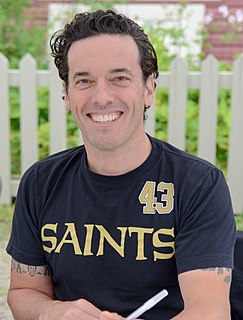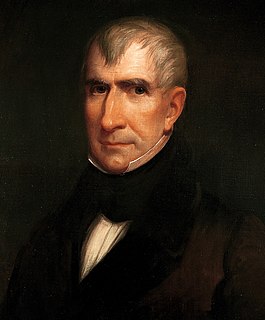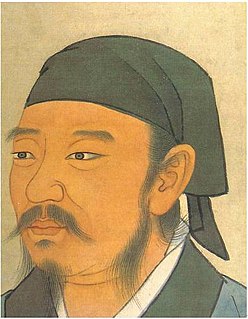A Quote by Victor Hugo
If you wish to understand what Revolution is, call it Progress; and if you wish to understand what Progress is, call it Tomorrow.
Quote Topics
Related Quotes
We need to make sure that the laws we're passing are protecting people. And we should not be voting against something that makes progress just because it doesn't make as much progress as we'd like to see made. As much as I might like to see any number of issues progress in larger steps, I understand that some of these things happen in smaller steps. And so for that reason, progress is progress. And success is success.
If you wish to experience peace, provide peace for another. If you wish to know that you are safe, cause another to know that they are safe. If you wish to better understand seemingly incomprehensible things, help another to better understand. If you wish to heal your own sadness or anger, seek to heal the sadness or anger of another.
In fast-moving, progress-conscious America, the consumer expects to be dizzied by progress. If he could completely understand advertising jargon he would be badly disappointed. The half-intelligibility which we expect, or even hope, to find in the latest product language personally reassures each of us that progress is being made: that the pace exceeds our ability to follow.
My call for a spiritual revolution is not a call for a religious revolution. Nor is it a reference to a way of life that is somehow otherworldly, still less to something magical or mysterious. Rather it is a call for a radical reorientation away from our habitual preoccupation with self. It is a call to turn toward the wider community of beings with whom we are connected, and for conduct which recognizes others' interests alongside our own.
This is what I call understanding. If you understand, insecurity is an intrinsic part of life - and good that it is so, because it makes life a freedom, it makes life a continuous surprise. One never knows what is going to happen. It keeps you continuously in wonder. Don't call it uncertainty - call it wonder. Don't call it insecurity - call it freedom.
Finally he said that if men drink the blood of God yet they do not understand the seriousness of what they do. He said that men wish to be serious but they do not understand how to be so. Between their acts and their ceremonies lies the world and in this world the storms blow and the trees twist in the wind and all the animals that God has made go to and fro yet this world men do not see. They see the acts of their own hands or they see that which they name and call out to one another but the world between is invisible to them





































